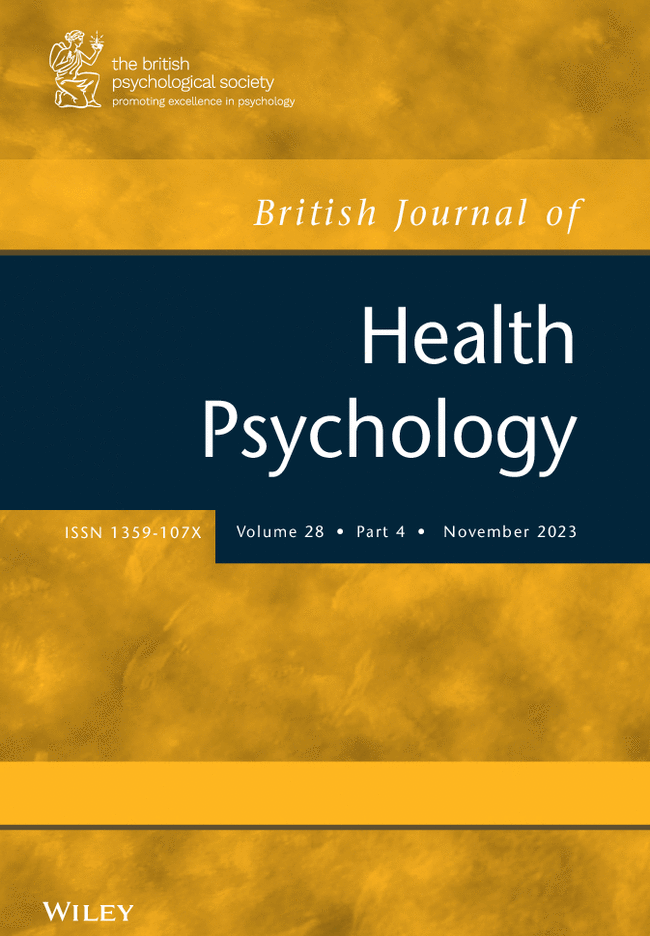Understanding alcohol use around water: A qualitative analysis of the experiences of young males
Abstract
Objectives
Alcohol is a significant risk factor for drowning, with young males disproportionately impacted. We explored salient social cognition beliefs that influence young Australian males' consumption of alcohol around water.
Design
Via purposive sampling, 23 Australian males aged 18–30 years who had previously consumed alcohol around water were recruited. A brief online survey gathered demographics, eligibility criteria and swimming ability, followed by a qualitative interview via telephone. An interview guide based on established methods for exploring social cognition factors gathered data on behavioural, normative and control beliefs. Interviews were audio-recorded, transcribed verbatim and coded using theoretical thematic analysis in NVivo.
Results
Advantages of consuming alcohol around water included enjoyment, fun and relaxation (73%), and alcohol as ‘liquid courage’ (21%). Disadvantages included increasing the risk of drowning and injury (100%), and inhibiting judgement (73%). Normative beliefs included family approval (52%) and disapproval (86%), in addition to approval from friends (82%) and disapproval from lifeguards (56%). Control beliefs included access to alcohol (52%), confidence derived from knowledge about the body of water (26%) and legality (26%). The presence of signage, authority figures or children and families helped to prevent young males from consuming alcohol.
Conclusions
Results indicate respondents drink and swim despite reporting an awareness of the risks associated. Intervention strategies that aim to address behavioural, normative and control beliefs of young males as well as contextual factors supporting or hindering the behaviour may help to curtail alcohol misuse around water, particularly when targeted during warmer weather and holiday periods.

 求助内容:
求助内容: 应助结果提醒方式:
应助结果提醒方式:


